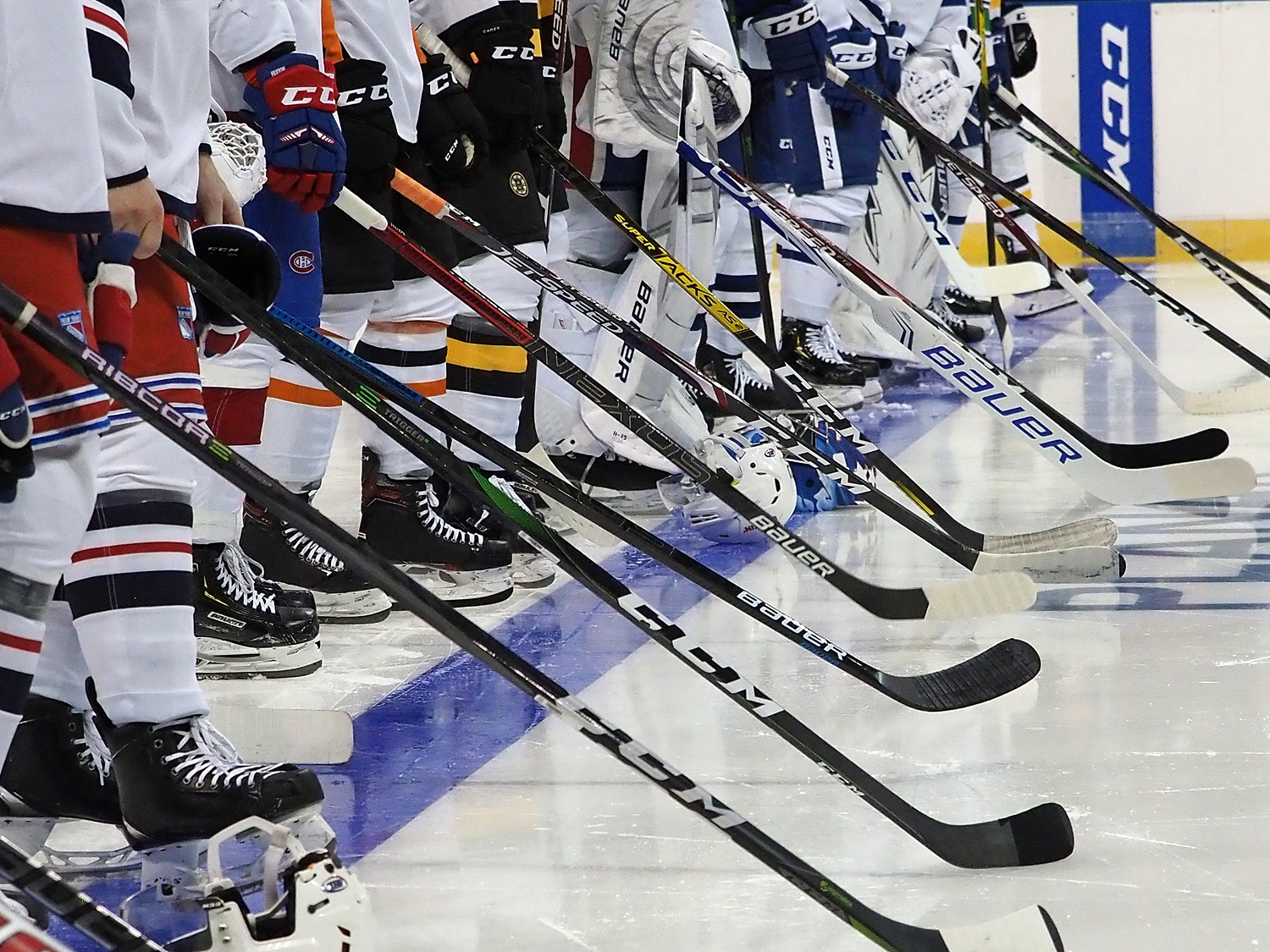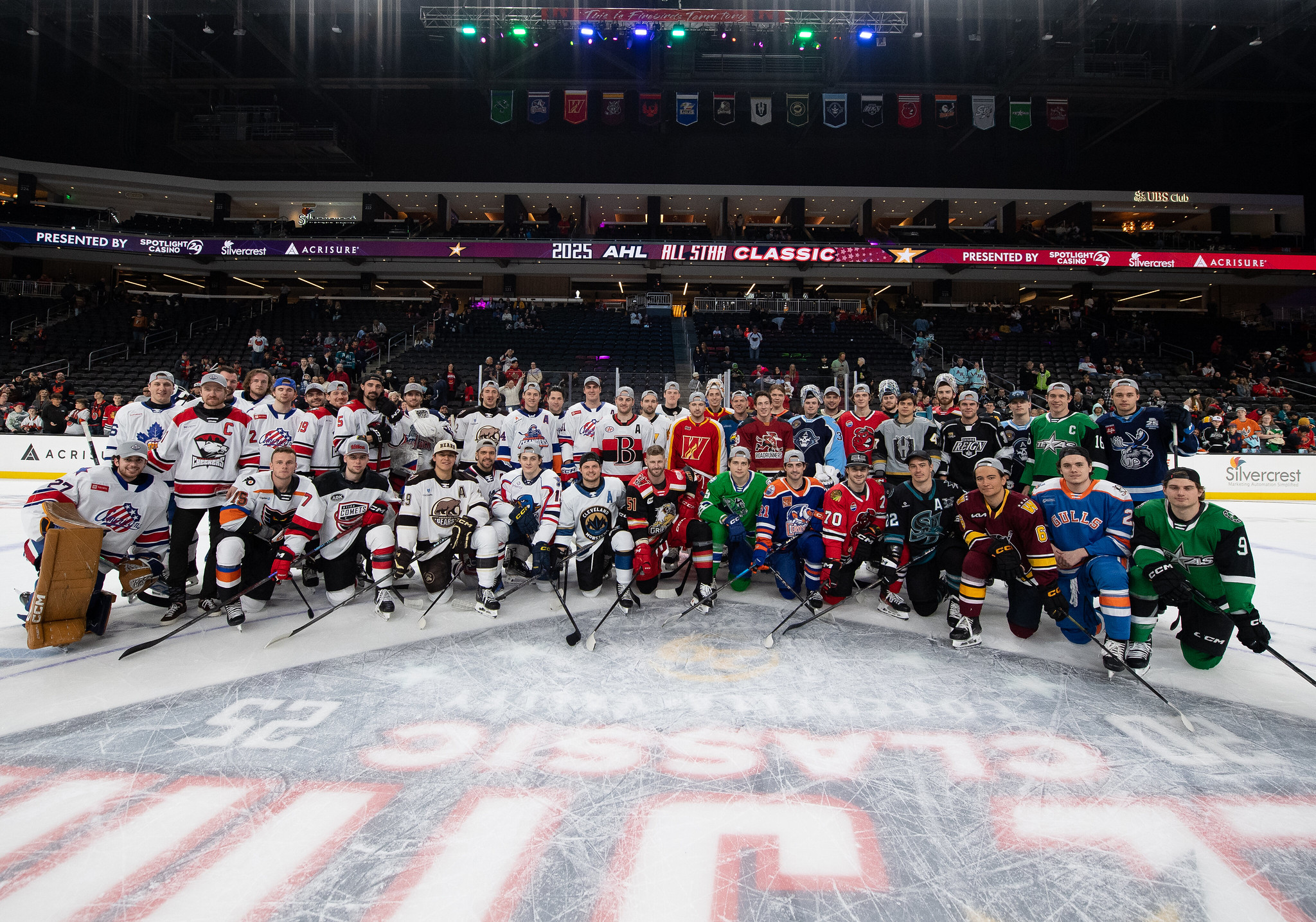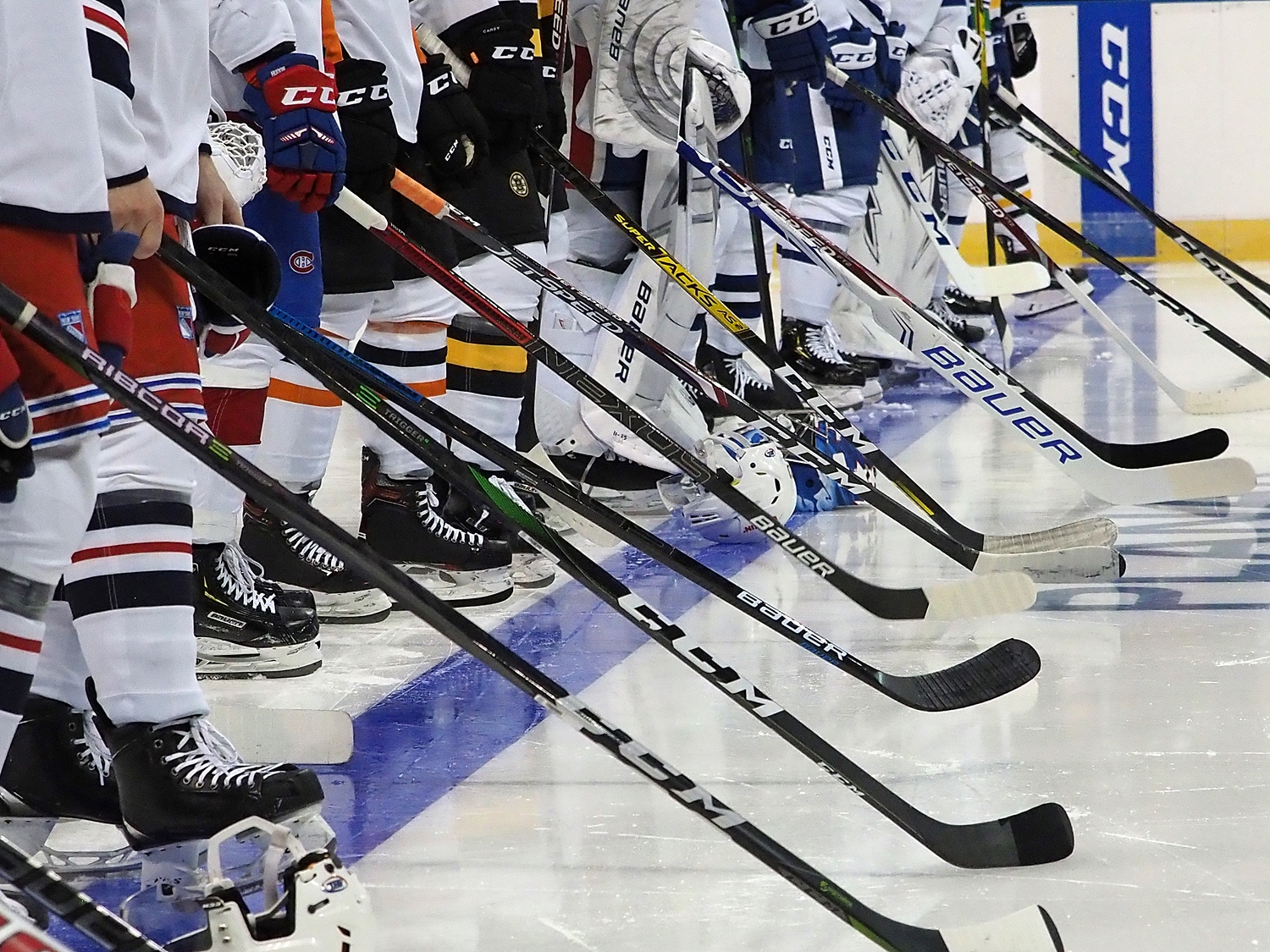
American Hockey League (AHL) Officially Cancels 2019-20 Season
The American Hockey League (AHL) held a conference call Friday afternoon amongst the league's Board of Governors in which they unanimously approved the cancellation of the remainder of the 2019-20 season and the 2020 Calder Cup Playoffs.
The official statement from the league:
“After a lengthy review process, the American Hockey League has determined that the resumption and completion of the 2019-20 season is not feasible in light of current conditions.
The League’s operational focus has turned toward actively preparing for the 2020-21 season.
We are very grateful to the National Hockey League and its teams for their support and leadership in navigating through the challenges faced over the past two months.
The AHL continues to place paramount importance on the health and safety of our players, officials, staff and fans and all of their families, and we all look forward to returning to our arenas in 2020-21.”
The writing has been on the wall for quite some time.
Without a large TV revenue base, playing AHL games without fans in the stands wasn't ever an option.
The AHL's Calder Cup, the longest annually awarded sports trophy since 1936, will not be awarded this spring.
So... what's next for the AHL?
Editor's Note: This is an excerpt from AHL President/CEO Dave Andrews' recent segment on a SiriusXMNHL two weeks ago. For the full recap of that interview, head to our story on exactly that here -> http://insideahlhockey.com/article/dave-andrews-discusses-the-state-of-the-ahl-on-siriusxm
There are plenty of important things to consider specifically for the AHL to resume play, and Andrews has all the bases covered as he relayed information on SiriusXMNHL in the end of April.
Obviously, it's unknown at this point when play will be able to be resumed, but for the AHL they will be unlikely to resume if the cost of resuming play comes with not being able to have fans in the building.
"The AHL is a gate-driven league as you know. Not a lot of TV revenue for us - we have some TV but it doesn't generate a lot of revenue," Andrews explained. "So for us to play for any extended period of time without people in the building would be very unlikely."
Currently, Andrews says the AHL is still building for an, on time, October start to the 2020-21 season. But that's just the beginning of the models and projections the league has been going through.
"We need to be ready for that in case - and let's all hope there is some opportunity to do that in October - but we also have to look at operating models beginning in November, December, January."
How short of a season can the AHL play?
How far back can the AHL wait and still have a meaningful season that works?
There are still plenty of questions - and not a ton of concrete answers - but the league is certainly doing their due diligence on how to respond when sanctions are lifted and places are able to re-open.
The player development aspect is another important topic of discussion Andrews delved into as well. NHL teams are going to want those young players playing and improving/developing to get ready to play in the NHL.
Another variable Andrews mentioned having to navigate is the simple fact that the 31 cities housing AHL teams won't all re-open at the same time, which will cause difficulties in scheduling.
"Over the next six or seven weeks all of those models are going to be developed and then we'll have kind of trigger points along the summer where we are going to have to make operating decisions," Andrews explained. "At some point, we'll understand that we might not play in October. Ok, let's shift to Plan B. And as we move through that, Plan C and Plan D."
"I'm pretty confident that we are going to play with some critical mass of teams and with everybody as we head toward December. But again, we'll be ready to play in October if we can."




